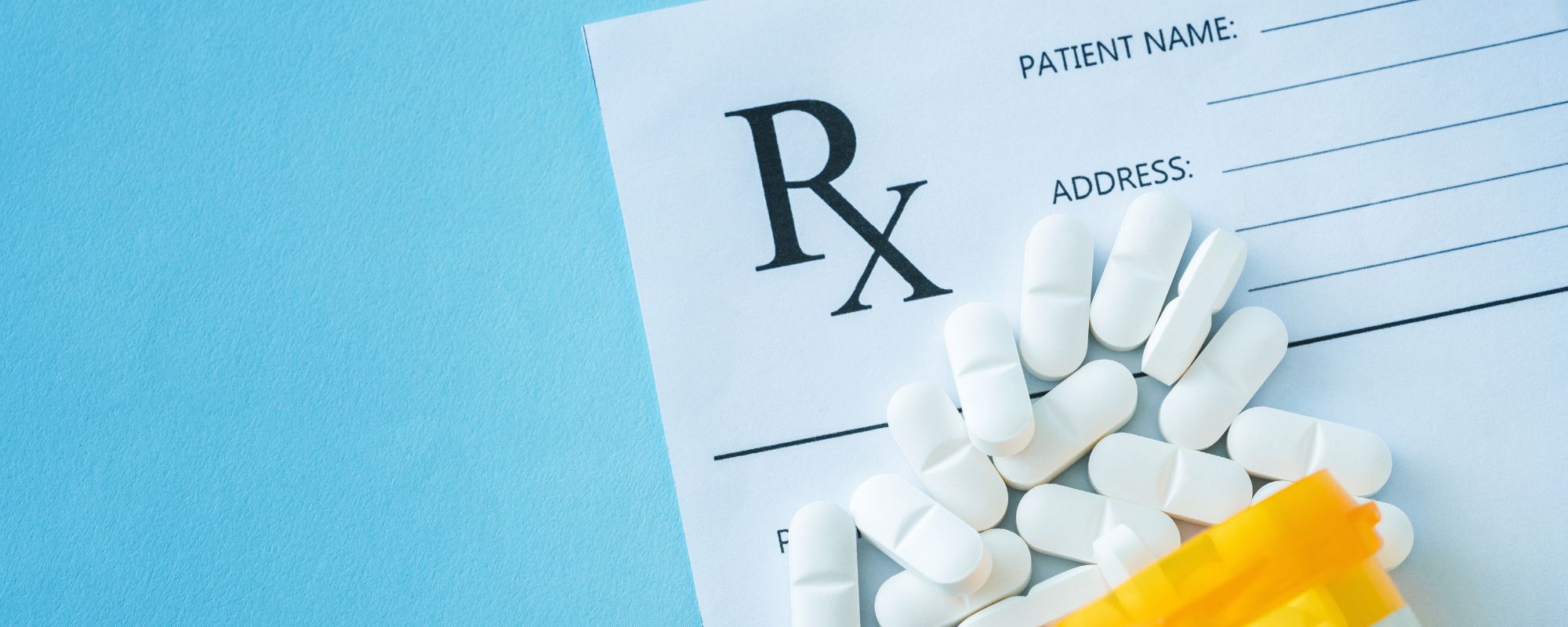Early recovery is a time of emotional highs and lows, and those overcoming a substance use disorder who are newly sober must take care to limit their rewards. Too many rewards— material items, gifts, even words of praise— can have negative effects on those in early recovery. When you receive a reward, the brain’s pleasure center is activated; the release of neurotransmitters may trigger the same physiological effects that drinking alcohol and/or using drugs have on the mind.
Too many rewards may be too much for someone in early recovery to handle successfully, and for this reason, those in early recovery from a substance use disorder are prone to a unique set of circumstances.
Unmanageable emotions.
Rewarding yourself for things you have not accomplished will not help you. Convincing yourself that you are deserving of a reward you haven’t earned will just confuse you. Accepting gifts and praise without question or self-examination will not benefit you.
In early recovery, there are many, often conflicting, emotions at play, and without properly managing these emotions, inner emotional turmoil can become a very real thing.
Relative immaturity.
Someone in early recovery (typically the first 90 days to one year of sobriety) is less mature in their sobriety than someone who has been in recovery for years. Recovery involves rebuilding relationships and creating a new, sober life out of positive patterns and behaviors, which can be overwhelming. If you’re focused on rewards, you may not be allotting the time and effort needed to equip yourself to handle what you’re getting back.
Thinking that you’re on the right track.
If things are going well and you’re allowing rewards to flood in, you may be letting yourself believe that you can do this all on your own. Skipping meetings and therapy sessions, not communicating with your sponsor, and pushing away family and friends are not signs that you are handling your own recovery— they are signs that you need to reach out and revisit your recovery plan.
A relapse might drive a deeper wedge.
Not keeping your rewards in check while in early recovery can, unfortunately, lead to a relapse. In early recovery, those overcoming a substance use disorder want to show their family and friends that they are on the right track, but they will lose the trust they are building if they relapse.
A relapse is not a failure, but it is a setback and may create a deeper divide between you and your loved ones and make regaining their trust that much more difficult.
What can you do to limit rewards in early recovery?
Create a short list of reasonable goals.
Because early recovery is a relatively short period of time, having a few goals that are reasonably attainable is probably a better option than making a lengthy list of everything you want to accomplish. Ask your therapist or counselor to help you create a list of goals that match where you are at in your recovery/life or ask them to review the list you’ve created.
Ask why.
If someone gives you a present or praise, ask why. Why do I deserve this gift? Can you tell me what I’ve done to deserve this compliment or recognition? Understanding the root of a reward will prove beneficial to you and your early recovery efforts.
Due diligence in limiting your rewards can keep you strong in early recovery and, most importantly, prevent a relapse.
If you or a loved one is ready to begin a life separate from a substance use disorder, please reach out to us today (877)-RECOVER to learn more about our detox and residential programs.












